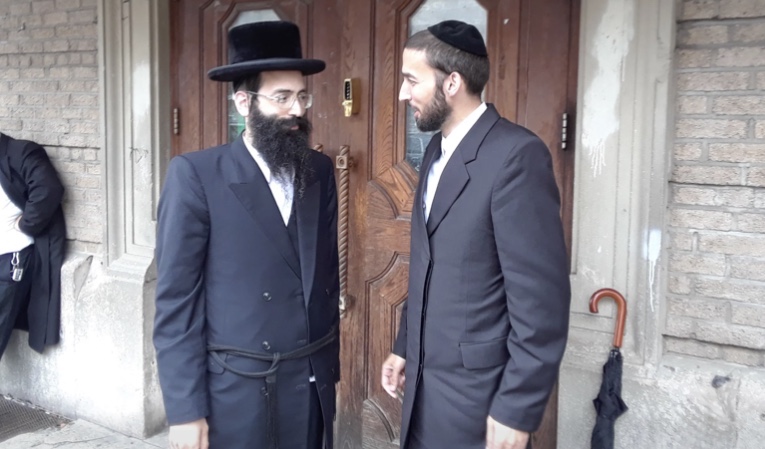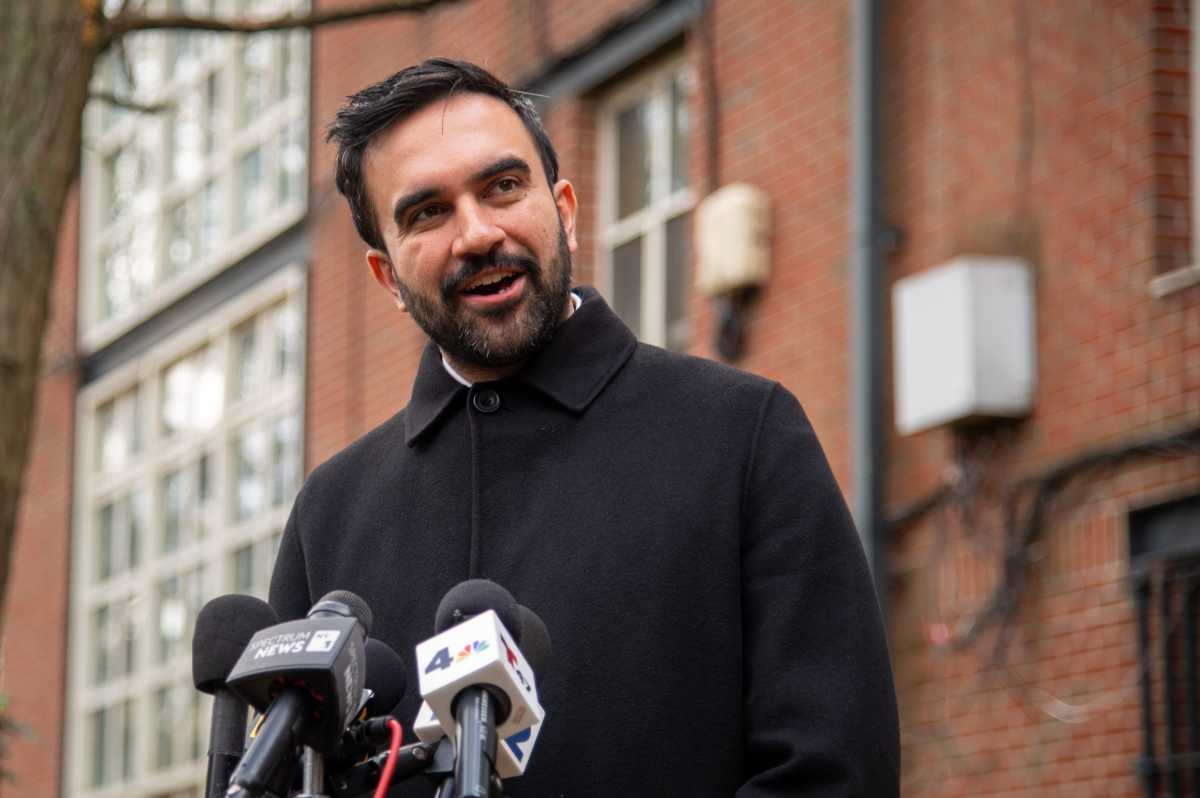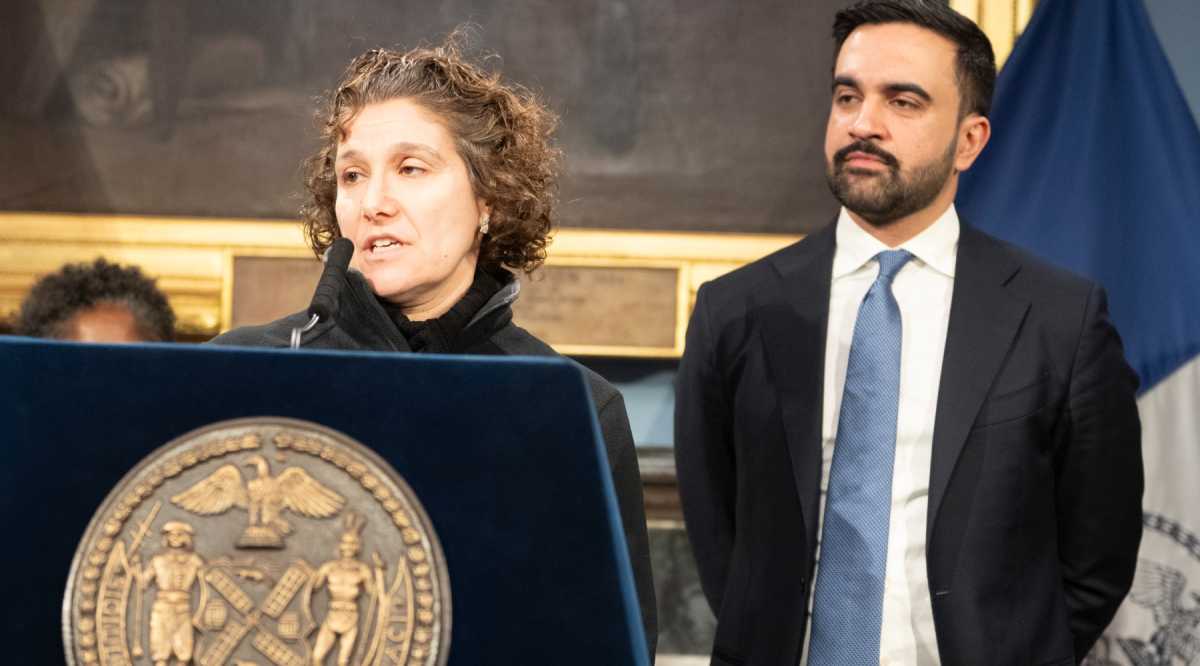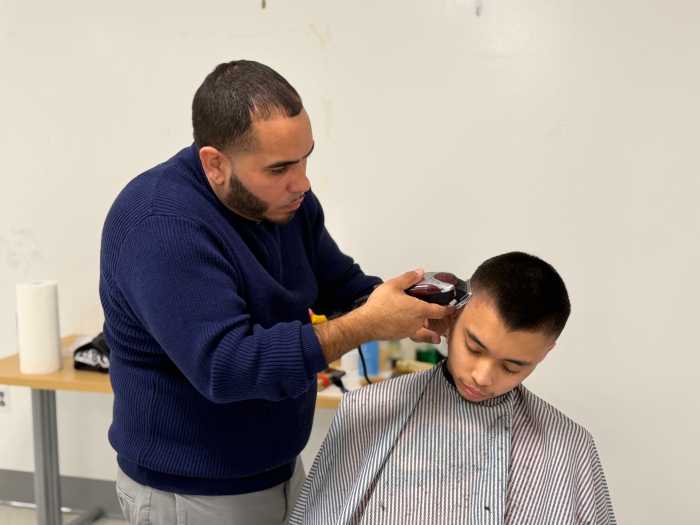With a critical spotlight being shone on Brooklyn’s religious Jewish communities in places like Borough Park and Crown Heights the past couple days, an update on the current state of the communities are due, and local leaders want to make known just how serious things are being taken.
Following the shutdown of Crown Heights’s most beloved and popular shul [synagogue] 770 (Eastern Parkway) late Wednesday night, some residents have been resorting to a more creative method of praying with an outdoor Minyan– the preferred method of prayer with ten or more men- but even that’s been discouraged by the rabbinical leaders in Crown Heights, said Chabad Spokesperson Rabbi Motti Seligson.
The direction to suppress the gatherings comes on the heels of a White House phone meeting on Tuesday regarding the urgency of emphasizing social distancing conducted by President Trump’s assistant, Avi Berkowitz. Berkowitz said in the conversation that it would not be advisable for people to gather in crowds to pray.
“There’s a lot of false rumors and exaggeration going on,” said Rabbi Eli Cohen, executive director of the Crown Heights Jewish Community Council, “and it’s important to know that everything the leaders are doing is with the proper consultation.”
A video of the usually packed streets of Kingston Avenue showed the roads to be completely deserted, many of the shops closed down beside for the essential grocery and pharmaceutical stores.
People resorted to innovative methods of celebrating as the Center for Disease and Control and Prevention (CDC) guidelines for crowds continue to decrease. One bride and groom’s family members surprised the couple by renting an open roof convertible to drive through the streets of Crown Heights while people showed support from a safe distance.
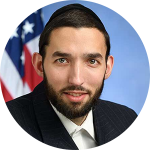
Assemblymember Simcha Eichenstein (D-Borough Park, Midwood) acknowledged the same type of isolating behavior in his community, noting that all the major synagogues within the area were closed earlier in the week, despite it not being mandated from the state.
“There will always be members in a community that don’t take it seriously,” said Eichenstein, “but that’s just not the case for the whole.”
All the major schools were closed within a 32-hour time range from the announcement from Mayor Bill de Blasio, while only a small majority of local yeshivas stayed open, Eichenstein explained. All the yeshivas are currently closed now, he said.
Coronavirus cases remain very high within the Hassidic communities however, with about 243 positive cases from Borough Park and Williamsburg based on data retrieved from Asisa Urgent Care, according to the New York Post.

The slower rates of absorption to adhere to city and state guidelines may be attributed to a couple of factors, explained Borough Park resident and Kings County Civil Court judge Ruchie Freier, and none of them have to do with a denial of coronavirus.
“Everything came so fast,” Freier said, “Sunday morning the mayor was saying that schools are staying open and only a couple hours later it was announced that they are shutting down. It’s a matter of shock.”
A practice of avoiding the internet or TV content is not uncommon amongst the religious Hassidic community members, so the rapid decisions being made, and the harsh reality of the coronavirus, didn’t really settle as fast as it did for others, explained Freier.
Freier is also the director of the local grassroots all women’s volunteer-based Emergency Medical Services agency known as Ezras Nashim. An orthodox EMS service that’s geared specifically towards women, Freier described a new initiative she’s hoping to branch out with, and she’s using coronavirus as her inspiration.
“There was so much information out there, you couldn’t really decipher what was right and wrong,” she said, “I’m hoping to build a data collecting team so we can get the facts out to the women in our communities.”
To connect with the writer of this article, follow Chaya Gurkov at her Instagram account @chayagurkov.


